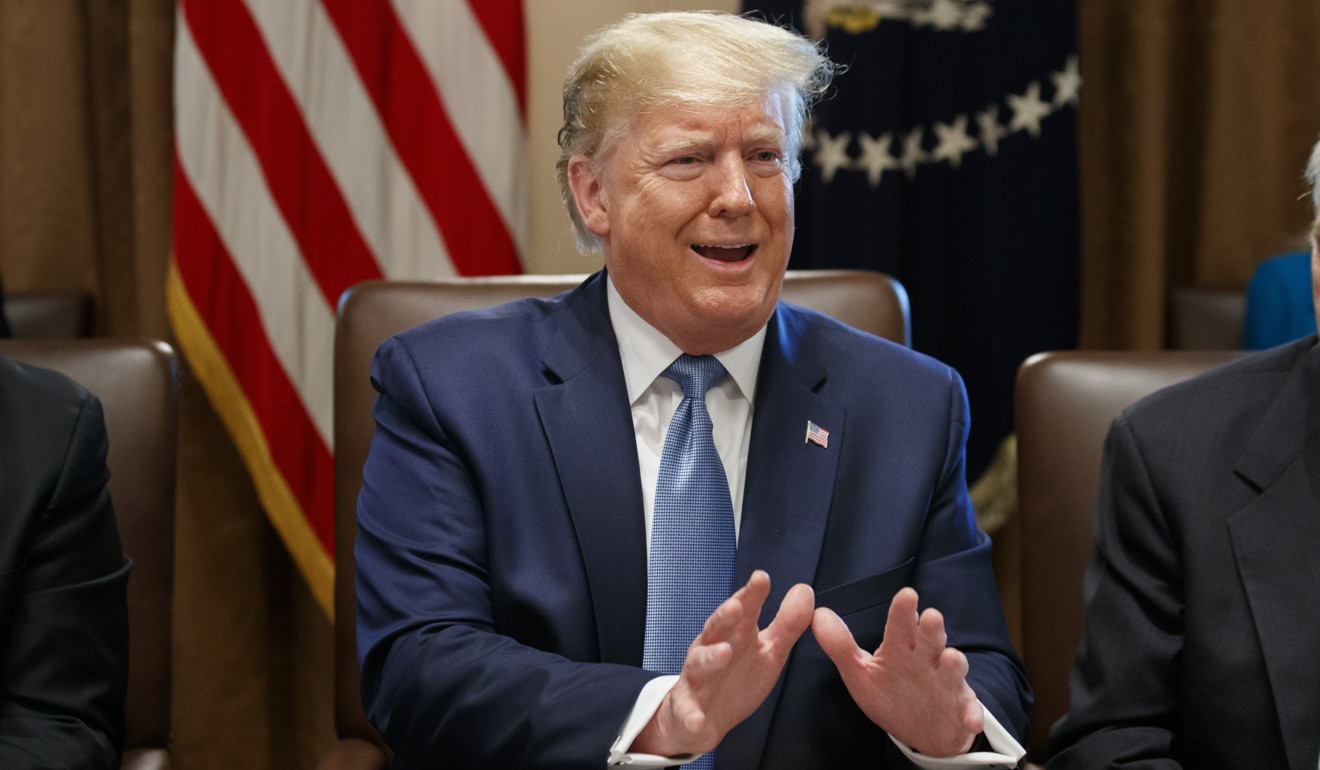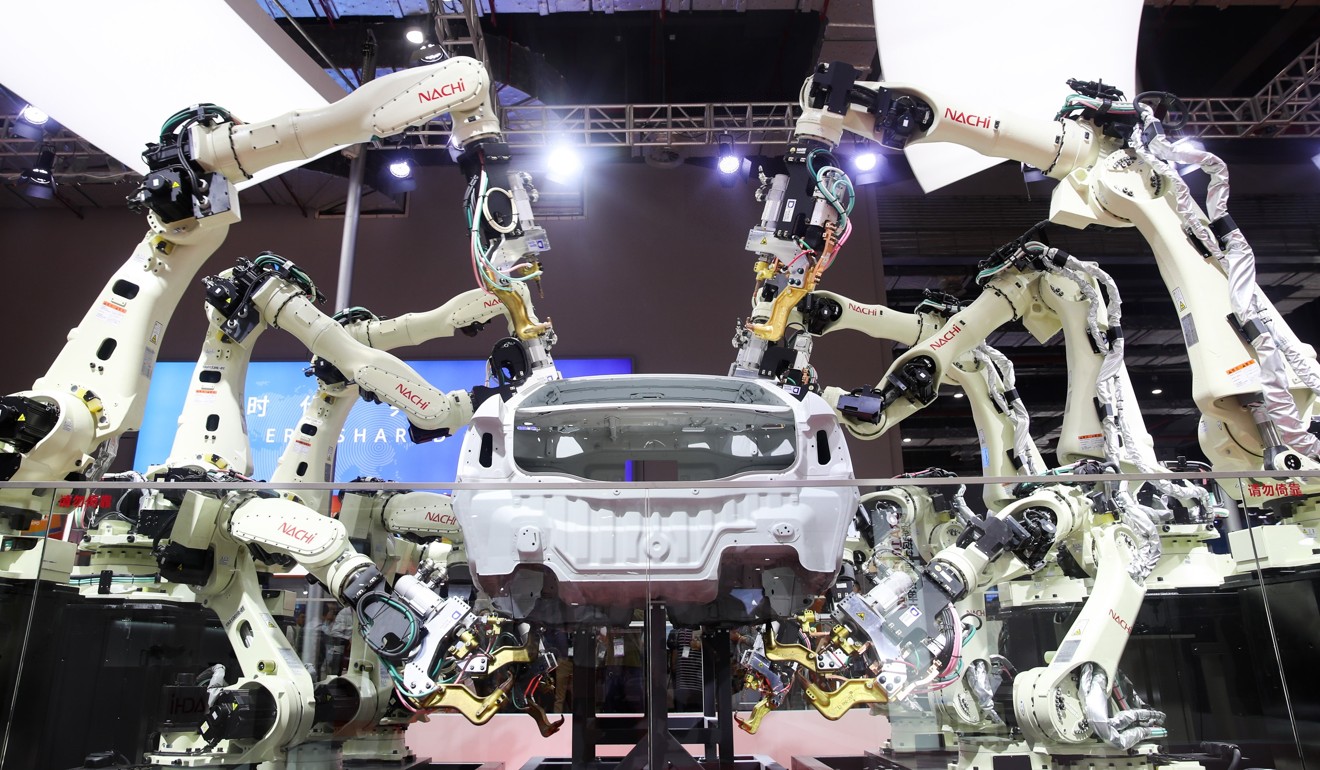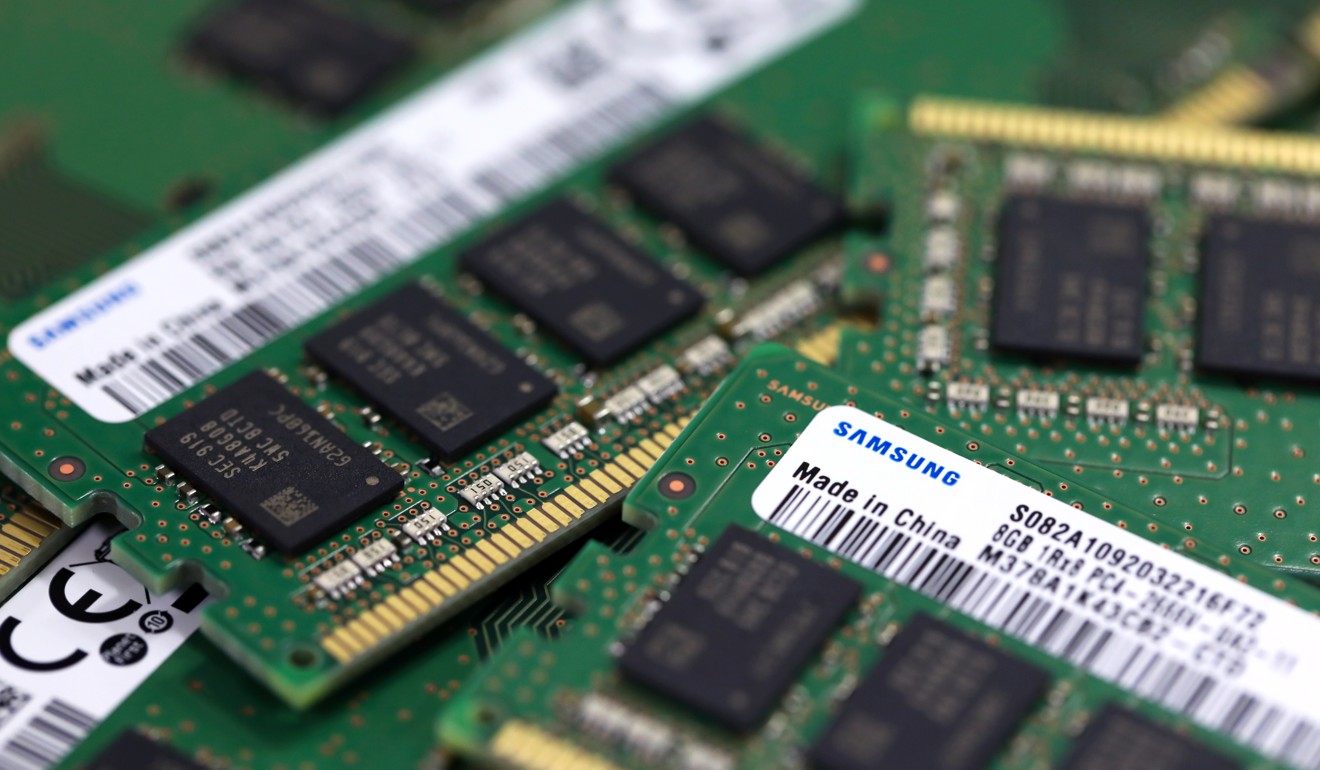
US ‘eyes trade deal’ with Japan as South Korea tensions mount
- The rumoured pact could cover American meat exports and Japanese cars, a political win for both countries’ leaders
- But it comes amid rapidly deteriorating relations between Tokyo and Seoul, which Washington says it is staying out of

Friends, foes and firepower: Donald Trump’s vision for US-Asia ties
He has threatened to impose 25 per cent tariffs on imported Japanese cars on national security grounds, but delayed those as trade talks continue.
The leaders agreed last September to discuss an arrangement that protects Japanese carmakers from further tariffs while negotiations are under way.
The deal would not require congressional approval since the US president can eliminate or reduce tariffs on products that have a duty of less than 5 per cent duty, and most auto parts tariffs are roughly 3-6 per cent.

Asked about the possibility of such a deal, a Japanese government official declined to comment but said working level discussions on trade were under way.
The official said no significant progress would come until after July 21 elections for Japan’s upper house of parliament.
“We have a mutual understanding that we should find common ground so we can find a final settlement,” the official said.
A source familiar with the Japanese government’s position said the idea of a mini-trade deal was “interesting and reasonable”, but another source said talks needed to cover “all items, not just auto and agriculture”. Both spoke on condition of anonymity.
The US Trade Representative’s office had no immediate comment on the possibility of a deal. A US Commerce Department official also declined to comment.
US wants Japan and South Korea to team up on China. But history’s in the way
Stilwell told reporters in the South Korean capital, Seoul, that he took the situation seriously but did not elaborate on what steps Washington might take and said fundamentally it was up to South Korea and Japan to resolve their differences.

“We hope that resolution will happen soon,” he said.
“The United States, as a close friend and ally to both, will do what it can do to support their efforts to resolve it.”
Last week, Stilwell told Japan’s NHK broadcaster that the US would not intervene in the dispute, and instead encouraged dialogue between Washington’s two biggest allies in Asia to settle it.
South Korea warns Japan not to ‘force its hand’ over hi-tech export curbs
Japan has denied that the dispute over compensation is behind the export curbs, even though one of its ministers cited broken trust with South Korea over the labour dispute in announcing the restrictions.
Samsung said in a statement in response to the official’s comments: “We cannot say there will be no impact on the Austin factory, but we will make utmost effort not to disrupt future production.”

When asked whether the South Korean government was considering retaliatory measures, the official said it preferred to resolve the dispute diplomatically.
If Japan went so far as to drop South Korea from its “white list” of countries with minimum trade restrictions, it would cause a “tremendous amount of problems” and strain ties between Japan, South Korea, and the United States, the official added.
South Korean Finance Minister Hong Nam-ki repeated his call for Japan to lift the curbs, while adding that Seoul would soon unveil plans to make its supply chain more independent.
“The government is working on comprehensive plans to reduce the country’s dependence on Japan’s materials, components and equipment industries,” he said at the start of a regular meeting of ministers responsible for various aspects of the economy.
Japan rules out relaxing export curbs and hints at further restrictions
Yasutoshi Nishimura, Japan’s deputy chief cabinet secretary, urged Seoul to take “appropriate steps” to resolve the labour issue, which was reignited by a South Korean court last year that ordered Japanese companies to pay compensation.
“There is no change to our stance that we strongly urge South Korea to take appropriate and timely steps to comply with international law, and accept an arbitrator in accordance with the treaty,” he said.
Japan believes the issue of compensation for its wartime actions was settled under a 1965 treaty.
When asked about media reports that Japan was considering seeking damages from South Korea if Japanese corporate assets were sold to compensate labourers, Nishimura said the government would respond firmly and was considering options to “protect Japanese companies’ legitimate economic activities”.

The dispute could have implications for North Korea policy, a key agenda item for Stilwell, who arrived on Tuesday.
The Japanese government has distanced itself from Japanese media reports that South Korea violated international sanctions by exporting banned goods to North Korea, saying it had said no such thing.
Relations between the neighbours have long been plagued by memories of Japan’s 1910-45 colonisation of the Korean peninsula.

